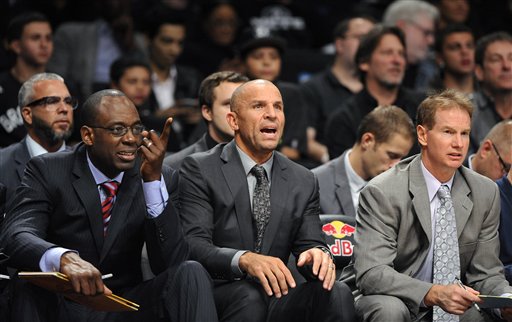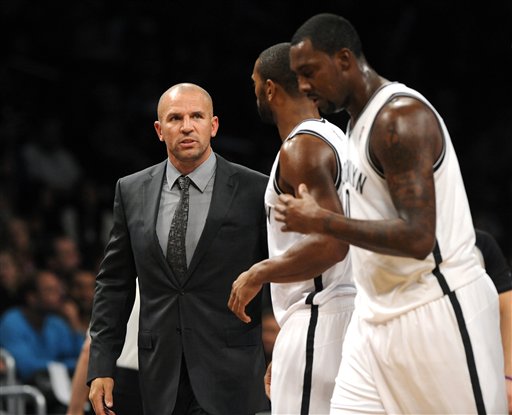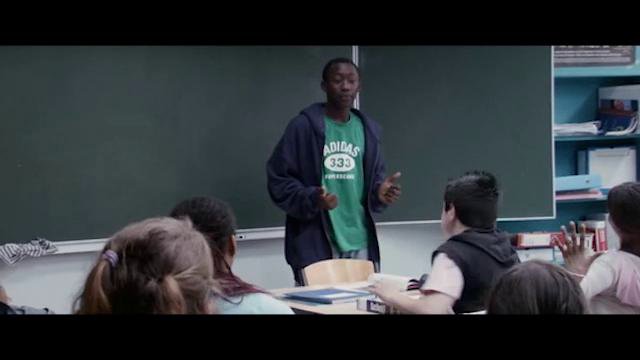
When I was in high school, I was a member of our varsity swim team for four years. My junior year, the school hired this new coach from one of the Rochester city schools that… let’s just say he made swimming less enjoyable. He worked us hard every practice, he was insulting and rude, but he taught me a lot about technique, and in the end, I became a better swimmer because of him. This coach is Lawrence Frank.
That same year, I had this teammate named Matt. Like me, Matt was a breaststroker. Matt was faster than I was, he had swam much longer, and he worked hard. Whenever I had a question about something, advice about a race, I went to Matt. I related to Matt. He was my age, he went through the grit and grind of practice on the six-day-a-week basis, and as someone who learned and turned it into something, I respected the hell out of him.
Matt didn’t teach me anything, but he actually taught me everything. Jason Kidd is Matt.
Jason Kidd is a glorified veteran. And, because of that, he is the perfect guy to run this collection of talent.
When the team first brought in Kevin Garnett, Paul Pierce and Jason Terry, and then even moreso when they signed their list of vets, I began to wonder how all of this would work. On the surface, it seemed doomed to fail. What can a guy who retired just months prior teach veteran superstars? What possible knowledge can be gained from an equal?
Because that’s how I looked at coaches, at teachers. In order to properly teach someone something, I thought that there either had to be a huge discrepancy in talent —- like a music teacher and a young pupil -— or you had to be far enough removed from the game that you had new knowledge that you wouldn’t have had if you were still playing.
Look at some of the great coaches in this game: Phil Jackson, Gregg Popovich, Bobby Knight, Mike Krzyzewski, Jim Boeheim. It seems dumb to say, flat-out, “Old people make better coaches,” but they sort of do. With age comes experience comes perfecting a craft.

I know that Frank is a defensive mastermind. And I know that Welch is an offensive guru. But, can you imagine the fan reaction if the Nets actually hired on of these guys to be in charge? It would have been insane.
But they sort of did, and just slapped the fancy Jason Kidd sticker on it like it was a member of Joan Callamezzo’s book club.
I thought.
So, I went to Nets camp with this mindset and I saw firsthand what was happening. And actually, everything I thought was pretty much confirmed.
Lawrence Frank is the real “coach.” He runs the drills, he’s the one getting into it with the players, screaming and hollering, flailing his arms and teaching the system. He even sprints with the team. While he does this, Kidd oversees on the sidelines.
It was jarring to see at first. It was like the days of high school when the principal came in to observe your teacher’s class. Principal Kidd and Mr. Frank. That’s not how it was supposed to work. Assistant coaches were supposed to be the guy who answered questions on TV in between halves, or coaches in training, or the guys who take the team when the head is fired or absent. They work with individuals or sets, not the entire roster.
After the practices, I asked some of the players about this. What can Coach Kidd still teach you? What can you possibly, at this point in your career, not know that he does?

















